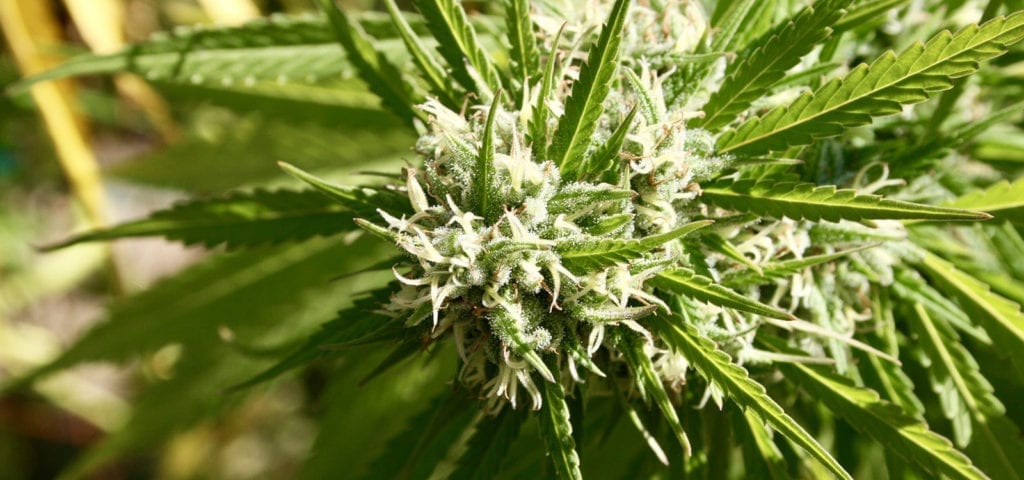Canada’s First Nation leaders are seeking the right to govern the sale and distribution of cannabis in their communities and are working toward adapting their own tribal rules for the industry that would be unique from federal or provincial rules, according to a Globe and Mail report. During the annual Assembly of First Nations conference, First Nation leaders both supported and opposed the regime, but were united in their desire to self-regulate.
Randall Phillips, chief of the Oneida Nation of the Thames, indicated that his community plans to apply to cultivate cannabis under the legalized regime, noting that there is already a dispensary in his community and the owners don’t believe that they need a license due to treaty rights.
“We will decide who gets it. We will decide how it gets distributed. We will decide how it gets protected and we are going to look at all those things,” he said in the report. “But I don’t need a regulatory framework.”
Ignace Gull, chief of the Attawapiskat Tribe, opposed allowing cannabis for adults, calling it “another drug that people will take advantage of.”
“It will affect the community because we don’t have the resources to deal with this,” she said. “There is no funding to educate or make people aware of what cannabis is all about.”
Ontario Regional Chief Isadore Day suggested that the nations could even decide to raise the legal purchase age “to 23 or 24” because studies have shown that brain development is not complete until a person is in their twenties.
Day said that First Nations should not feel bound to provincial rules and that whatever the nations decide they need to adapt to the changing tide and document health, social, and economic issues.
